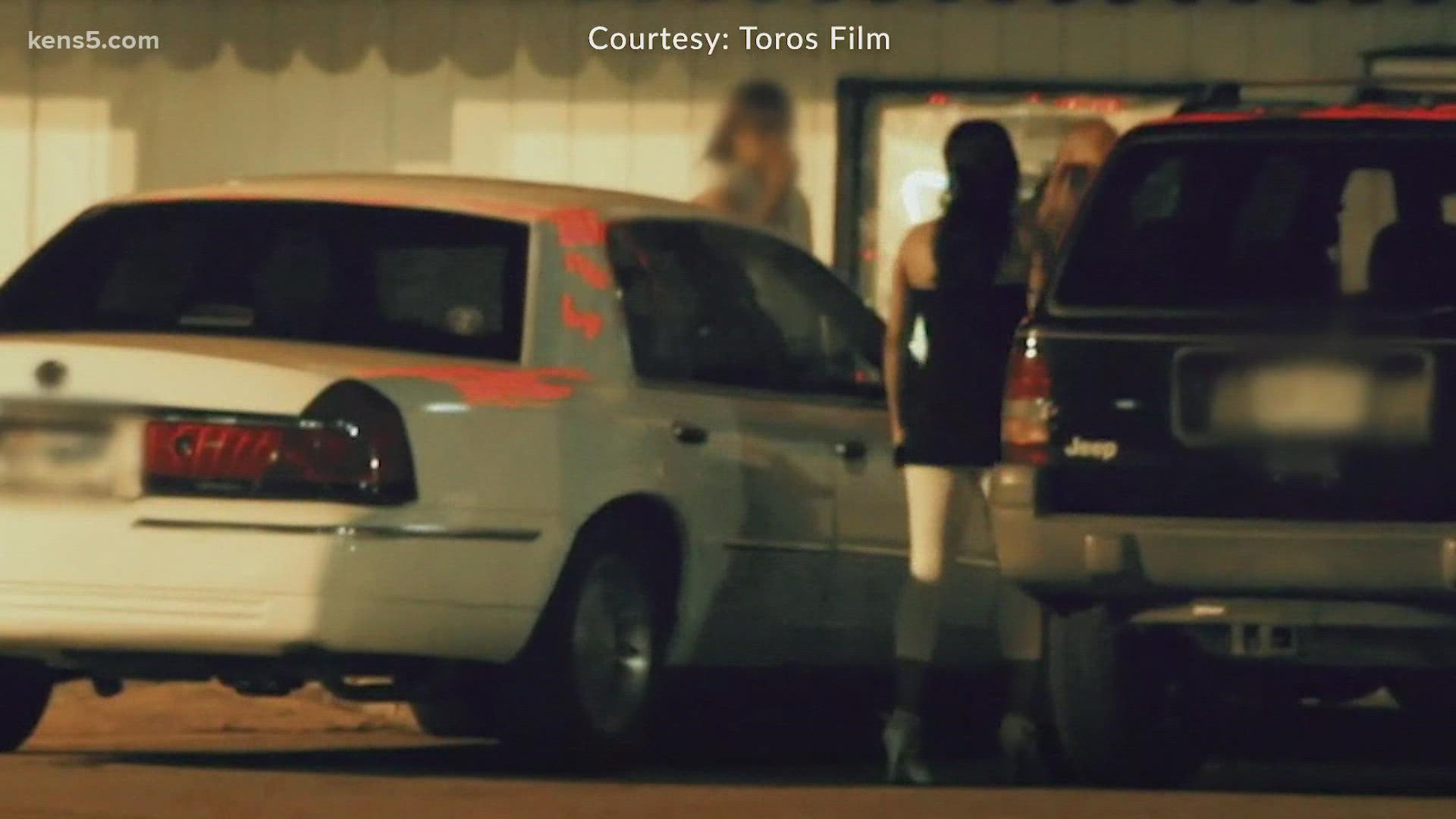SAN ANTONIO — Texas lawmakers are smacking sex trafficking in the wallet.
Come Sept. 1, men and women who purchase sexual activity or solicit the act face a felony charge.
"Until you can go after the demand side of things, you'll never be able to get down the supply," Chara McMichael said.
McMichael is the executive director of the Human Trafficking Interdiction Division within BCFS Health and Human Services.
The services her team provides helps more than 50 counties across Texas. They work with law enforcement, sit on task forces and, most importantly, provide services for those chained to the bondage of sexual slavery.
"I've got kids in my program as young as 5 (years old). We have to be able to go after the John," she said.
She can't wait for HB 1540 to go into effect in September. The law combats sex trafficking on many fronts, including by making "Johns" felonious. The term is a street name typically assigned to a man soliciting or buying sexual favors.
"It's targeted only to men. Commercial sex is not marketed to women," Dottie Laster said.
The New Braunfels woman is a human trafficking consultant who said the crimes happen with men gathering at conferences, sporting events and even in their offices at work. Rescuing victims and seeing the offenders jailed became her calling 18 years ago while she worked on her master's degree.
"I have rescued victims that are low-income, immigrant, U.S. citizen, male, female, teen, young adult," she said. "But I also have rescued victims that are upper-income, totally connected in society, huge—amazing social ties and talent that are destroyed by it."
Laster commends lawmakers and advocates for hitting sex trafficking where it hurts the most.
"And what's new about this law is buying sex from an adult will now be a felony, where before it was only buying from a child," she said.
Laster said the crime is brutal. She recalled rescuing a woman who had $1 million in medical bills from organ damage due to sex trafficking.
McMichael works with traumatized victims as well. She said while the victims are getting younger, the age range is all over the spectrum.
"We probably have about 8 to 10% (who) are African-American, and maybe 2 to 3% are Asian or some other ethnicity. About 30 to 40% are Hispanic," she said. "But the majority are still white."
A request to San Antonio Police about details on enforcement and the Bexar County District Attorney's office regarding prosecution under the incoming law went unanswered.
But victim advocates are counting the days until this new law provides new possibilities to communities across the state.
"It's not the movie 'Pretty Woman,' it's not benign," Laster said. "It's not the silly play 'Best Little Whorehouse In Texas.' It's the worst Stephen King you've ever seen times a thousand."

